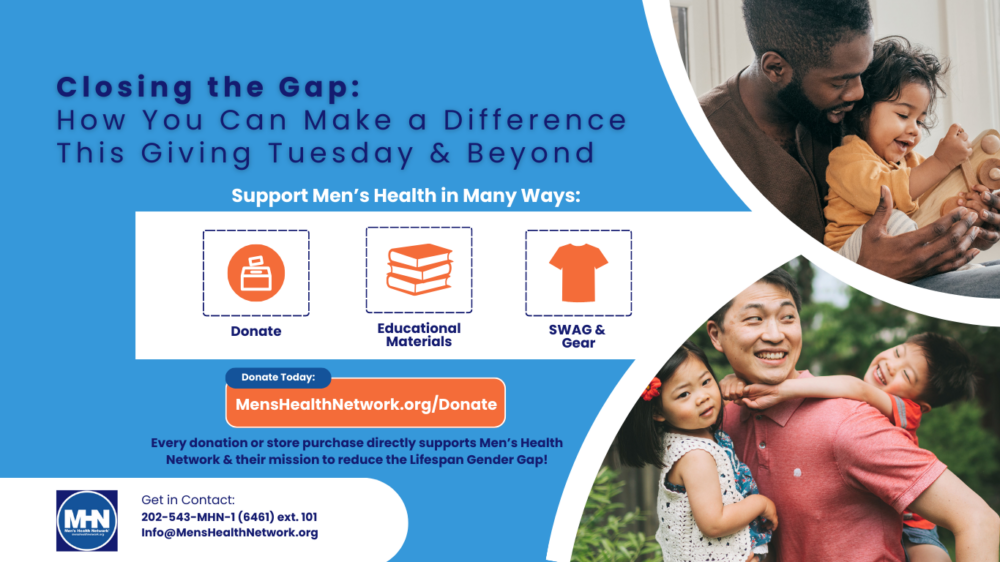The “Talk With Your Doctor” initiative designed to motivate people to stop smoking was unveiled today by the Centers for Disease Control and Prevention (CDC) and groups representing nearly 600,000 physicians to encourage smokers to talk with their doctors about quitting smoking. The “Talk With Your Doctor” initiative is part of CDC’s national tobacco education campaign, Tips From Former Smokers, which not only tells the story of how real people’s lives were changed forever due to their smoking or exposure to secondhand smoke, but also motivates people to quit. The physicians’ groups are: the American Academy of Family Physicians (AAFP), American Academy of Pediatrics (AAP), American College of Physicians (ACP), American Congress of Obstetricians and Gynecologists (ACOG), and American Medical Association (AMA).
According to AAP President Thomas K. McInerny, MD, FAAP, “We know that tobacco use remains the leading cause of preventable death and disease in our country. Physicians need to ask the right questions to help patients and families quit smoking and using tobacco products, and to help protect children and other nonsmokers from the harm of secondhand smoke. Our call to action by all five national medical organizations, combined with CDC’s ‘Talk With Your Doctor’ initiative, will help remind all clinicians about the impact of talking with patients and helping smokers quit for good.”
Nationally, about one in five U.S. adults (43.8 million) are cigarette smokers, and 40 percent of children (15 million) are exposed to secondhand smoke. More than 70 percent of smokers want to quit, and about 50 percent try to quit each year. Physicians play a critical role in helping patients to quit; in fact, studies show that advice from a doctor more than doubles the chances that a patient will quit.
From May 27 through June 2, select Tips From Former Smokers television ads as well as digital and online ads will feature: “You Can Quit. Talk With Your Doctor for Help.” The goal of this initiative is to motivate smokers to work with their physicians to develop a plan for quitting and to encourage doctors to use “Tips” as an opportunity to start a dialogue with patients who use tobacco.
“The compassionate intervention of the obstetrician-gynecologist and all physicians is often the critical element in smoking cessation for women. This campaign helps to normalize that conversation” adds ACOG president Jeanne A. Conry, MD, PhD, FACOG.
To help extend the impact of the initiative, AAP, AAFP, ACOG, ACP, and AMA are working with their nearly 600,000 physicians and other health care professionals to encourage them to talk with their patients about tobacco use and about protecting others from secondhand smoke. Doctors will learn about new tools, techniques, and improved strategies to engage patients in these conversations and will receive information about the campaign in journals, newsletters, electronic resources, and digital communications.
“The American College of Physicians supports this important campaign,” emphasized Charles Cutler, MD, FACP, chair of ACP’s Board of Regents. “During this campaign, we want to encourage physicians to talk to their patients about tobacco use and quitting. In fact, when all physicians talk to patients and families about tobacco use, many more smokers will quit.”
The Tips From Former Smokers campaign features real people who are living with serious diseases, such as chronic obstructive pulmonary disease (COPD), cancer, heart disease, asthma, and diabetes that were caused by smoking or secondhand smoke exposure. Their compelling stories send a powerful message: Quit smoking now—or better yet, don’t start. Studies show that the sooner you quit, the better.
“Quitting is one of the best things a smoker can do to improve their health and the health of their loved ones who may be exposed to their secondhand smoke,” said AMA Board member Patrice Harris, MD. “The message physicians are sending is clear. Don’t wait. Talk with your doctor today about kicking the habit for good.”
In addition to talking with their doctors, smokers who want help quitting can call the toll-free 1-800-QUIT-NOW quitline (1-800-784-8669) or visit www.cdc.gov/tips. For more information about the Tips campaign, including profiles of the featured former smokers, other campaign resources, and links to the ads, visit www.cdc.gov/tips.
“Patients should feel comfortable talking with their personal physician or child’s doctor about quitting” says AAFP president Jeffrey J. Cain, MD, FAAFP. “Our five national medical associations have resources on our websites for both patients and doctors to facilitate these discussions and partner to protect the health of patients and families.”
For AAP resources visit www.aap.org/richmondcenter. For AAFP resources visit www.askandact.org. For ACOG resources visit https://www.acog.org/About_
The American Academy of Pediatrics is an organization of 60,000 primary care pediatricians, pediatric medical subspecialists and pediatric surgical specialists dedicated to the health, safety and well-being of infants, children, adolescents and young adults. For more information, visit www.aap.org.

